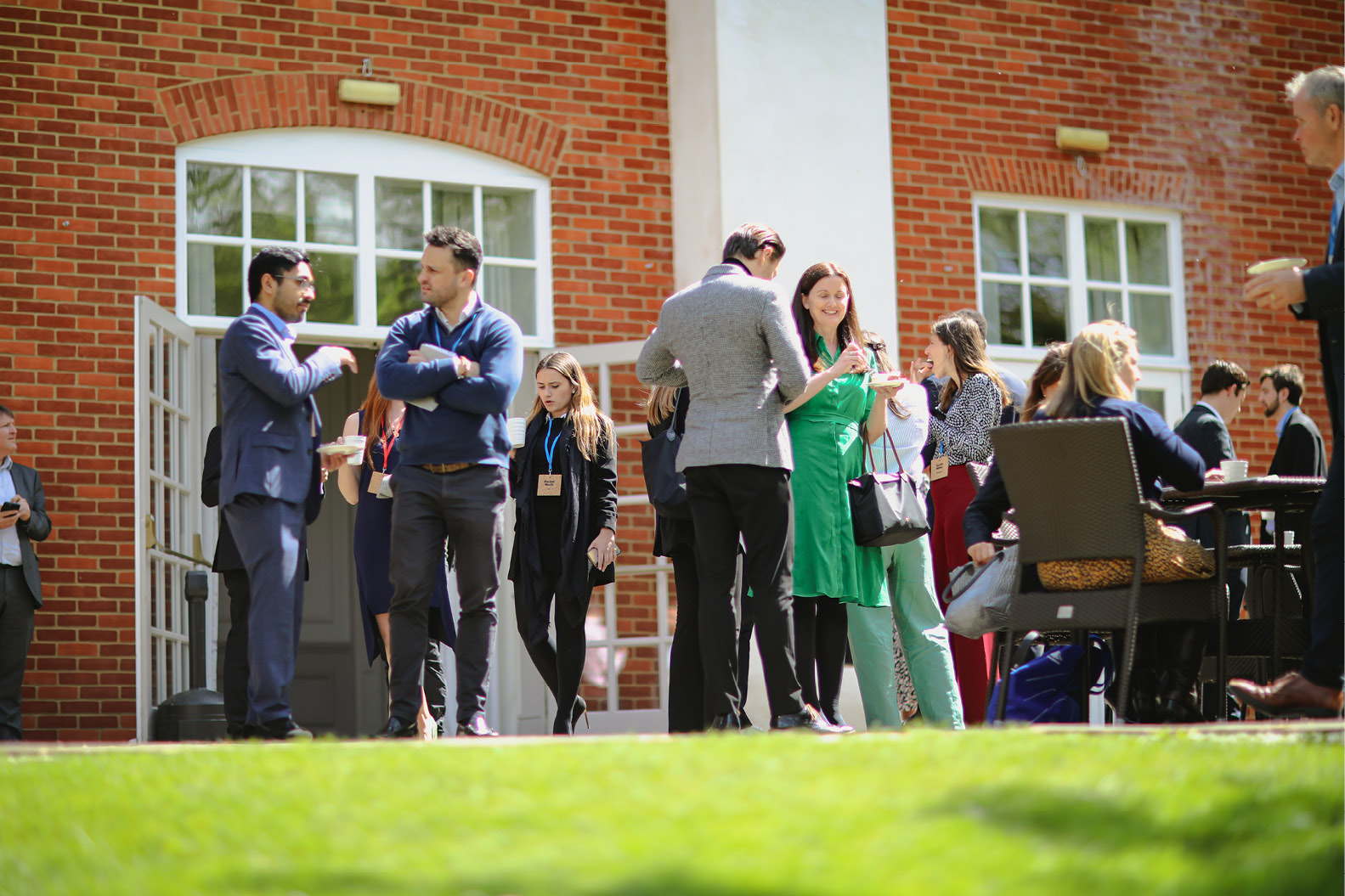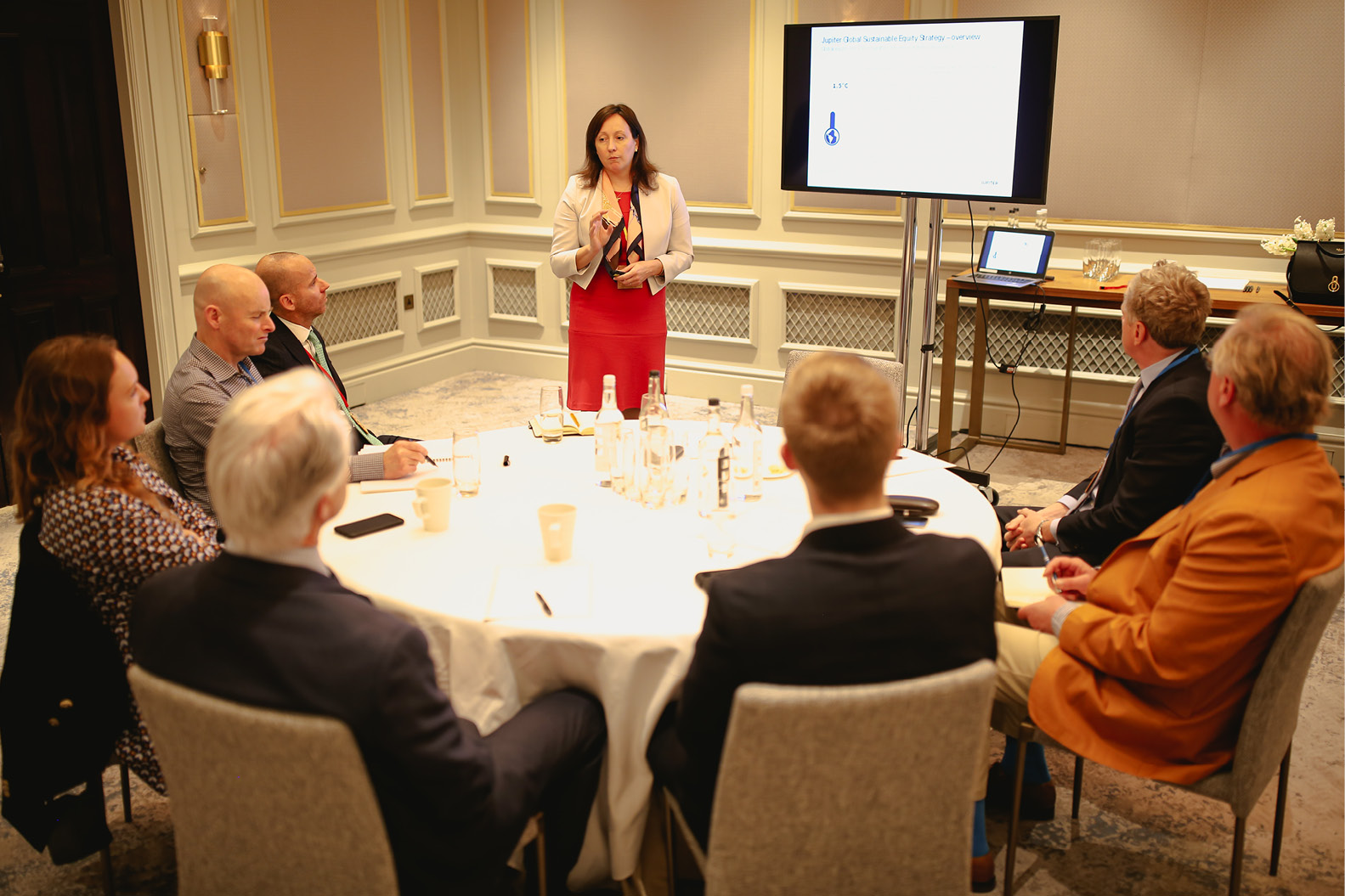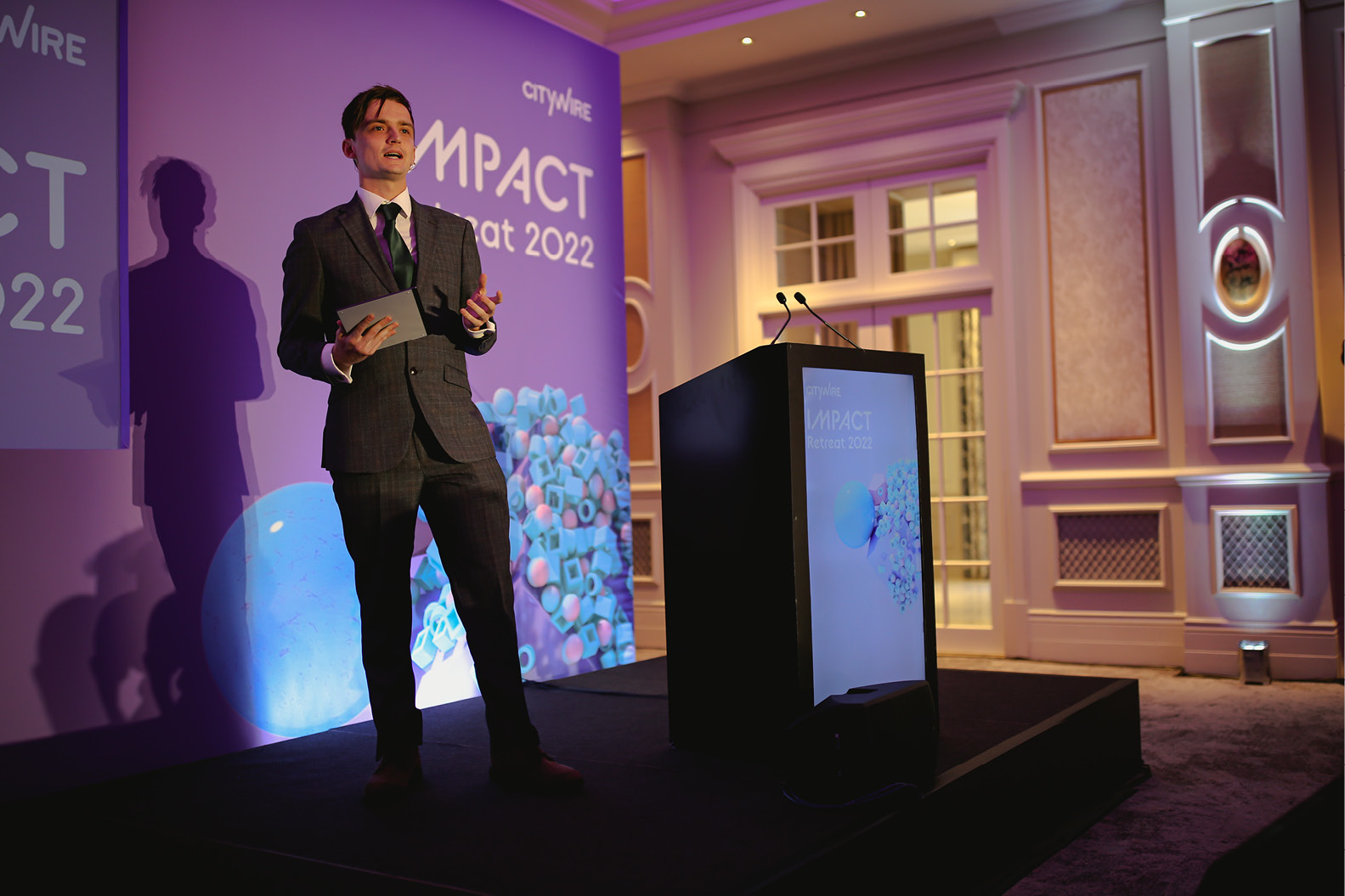‘Investors believe there’s a trade-off between economic growth and climate action,’ said Danae Kyriakopoulou, senior climate change policy fellow at Grantham Research Institute. ‘But climate transition is an investment, not a cost.’

Kyriakopoulou was speaking at the Citywire Impact Retreat this month, where she appeared alongside other sustainable wealth specialists to explore the opportunities and challenges facing the financial industry as it adapts to the demands of clients.
The S in ESG is being interpreted as diversity
on boards and within organisations – it’s not
Alice Charles, World Economic Forum
The costs of inaction, said Kyriakopoulou, were already apparent: flooding in western Europe, lethal heatwaves in the US and forest fires across the globe. ‘We’re focusing on the cost now, versus the cost in the future,’ she said. ‘And the cost of inaction is becoming more concrete.’
What are investors doing to tackle the S in ESG?
Across the day’s events, a series of speakers illustrated the urgency behind each of the components of ESG. Alice Charles, the World Economic Forum’s lead on urban development, focused on the social aspects and how the pandemic accentuated the existing housing crisis. Contagion was worse in low-income communities, its impact compounded by poor-quality housing and overcrowding.

‘The S in ESG is being interpreted as diversity on boards and within organisations – it’s not,’ she said. ‘It’s about delivering inclusive infrastructure and services in our communities, to address the inequality crisis that we see in our cities.’
That message was picked up by Aviva Investors, which presented on its £22m Social Transition Global Equity fund, which aims to help deliver a socially just and equitable economy.

‘All companies have a role to play in this, we don’t only focus on solution companies,’ said Richard Saldanha, co-manager of the fund. ‘We invest in transition companies that respect human rights, promote decent work, responsible corporate behaviour and have scope to progress further.’

Are divestments enough?
The merits of stock screening and the relative challenges of exclusion or inclusion were a common thread. Schroders presented on its BlueOrchard Emerging Market SDG Impact Bond fund, which limits itself to issuers actively advancing the UN’s social development goals.
‘This is not a transition fund,’ said Jack Wasserman, Schroders’ investment director. ‘We are looking to promote solutions-oriented companies that lead to both impact and capital gain.’
In counterpoint, CQS’s credit chief investment officer Craig Scordellis admitted his distaste for exclusions, pointing out that it gave issuers little incentive to change their behaviour.
Some attendees noted that this philosophy had its limits, however, pointing to the fund’s decision to divest from companies that derive more than 5% of revenue from coal, traditionally the most heavily polluting form of carbon energy, while freely investing in other non-renewable resources.
Many believed fossil fuel companies did not sincerely engage with ESG demands and could therefore not be considered transition companies. One attendee even said that engaging with fossil fuel companies would be ‘a bit like negotiating with Putin’.

Final plea for change
Closing the event, journalist and environmentalist Alison Benjamin gave a final speech on the relatively undiscussed issue of bee preservation.
Guests learned that there are 270 species of bees, and one in three mouthfuls of the food we eat is pollinated by bees. Benjamin made it clear that these species are at high risk of endangerment, which could cause a severe food crisis.
That echoed the words of Charles on the war in Ukraine’s implications for global food security.
‘The ability of all countries to grow food is being reduced. We are likely to see less supply, increased cost in relation to food,’ she said. ‘What is particularly alarming is that most of the grain supplies from Ukraine go to North Africa and sub-Saharan Africa, which will cause a devastating food crisis.
‘I urge investors to please not forget the S in ESG,’ she concluded. ‘Ukraine will need our help, in terms of reconstruction, and private institutional investors will be called upon to help this major reconstruction effort in a country on our continent for the very first time since WWII.’

